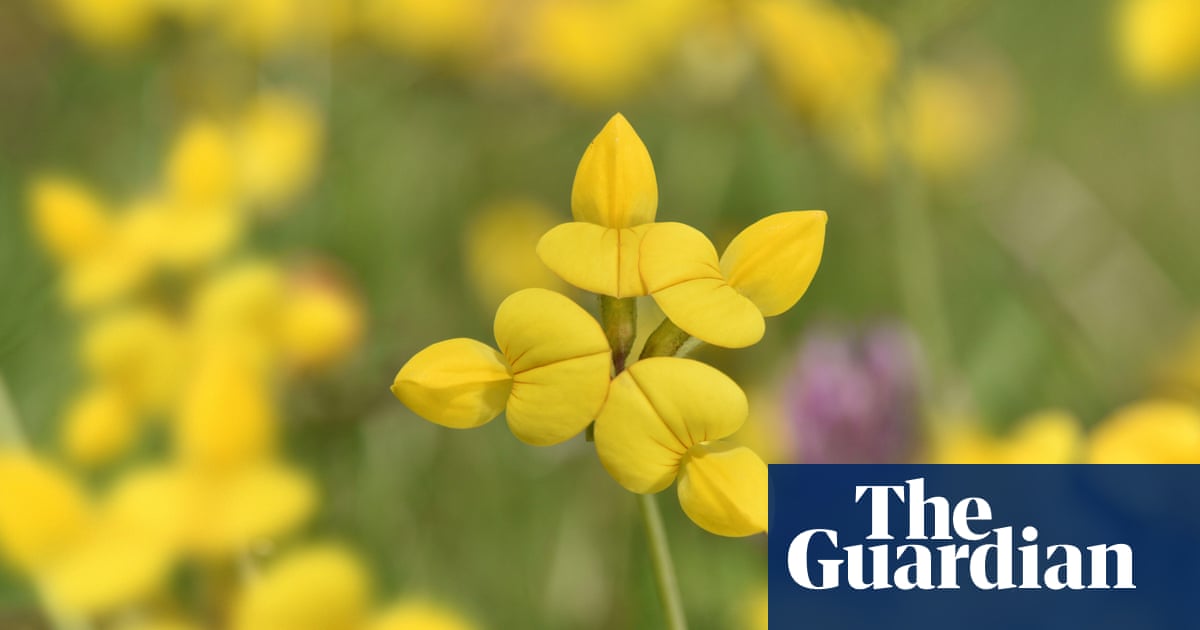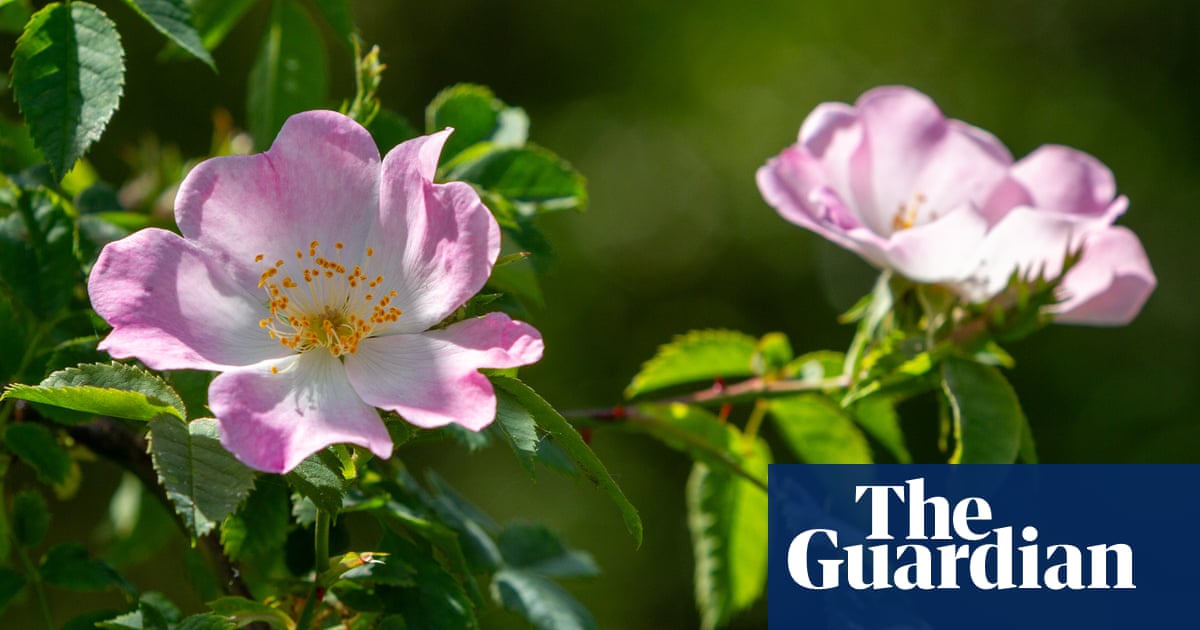
Towards evening, the heat grows less oppressive, the stored energy of the day seeping back out of the walls and buffering the cooling air. The settled weather has brought frantic activity to the valley, as farmers race to cut, wilt and bale the silage crop before the threatened rain arrives. As bales are carted away and the fields empty, the cut swards show up as pale patches on the hillside, an acute visual reminder of the rate of progress. The drone of tractors and forage harvesters fades in and out of hearing as they haul slowly across the unevenly sloped fields. Long after midnight, their lights continue to weave patterns across the landscape in a last push to secure the crop.
The sky is already beginning to lighten just after three in the morning, the pale blue glowing from below the north-eastern horizon, outlining the angular profile of the Cambrian Mountains and casting the low lines of cloud into sullen relief. The short, intense shower that wakes me fades into the distance, leaving the evocative smell of wet earth and the sound of rain dripping from the leaves of the beech trees.
With the light growing by the minute, it isn’t long before two blackbirds begin their morning songs. Other birds join in, some more tunefully than others, until the robins’ flurry of call and response is almost drowned out by the rowdy antics of three juvenile magpies crashing around on the roof above my bed. The breeze on the hill has begun to rise now, easing around the full summer leaves of the trees and adding depth and movement to the sounds of the morning.
Eventually I give up and shuffle off to make tea, realising just how much the air temperature has fallen overnight. Thin strings of mist hang in the floor of the valley and the trees beyond, like smoke from a bonfire – in wild contrast to the crisp dryness of recent days. Then, while the sunlight strengthens and renewed heat makes the grass begin to steam, the heavy rain begins once again, cutting through the sunshine with confusing vigour.












